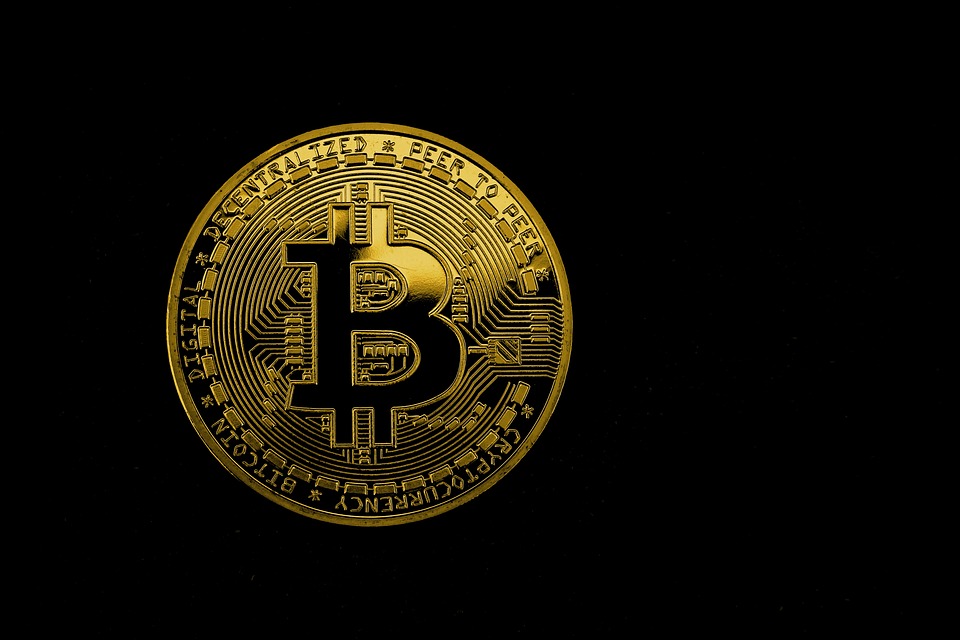Tokenization: A New Frontier in Digital Finance and Investment
Tokenization is a concept that is revolutionizing the world of finance and investment. It refers to the process of converting real-world assets into digital tokens that can be stored and traded on a blockchain network. This technology has the potential to democratize access to investment opportunities, streamline transaction processes, and unlock new sources of liquidity in the market.
One of the key benefits of tokenization is the ability to fractionalize assets. By breaking down traditional assets such as real estate, art, or commodities into smaller, more affordable units, tokenization allows individual investors to diversify their portfolios and participate in previously inaccessible markets. This opens up new avenues for retail investors to access high-value assets that were once reserved for institutional players.
Additionally, tokenization eliminates many of the inefficiencies and costs associated with traditional investment processes. Through the use of smart contracts on blockchain networks, transactions can be executed quickly and securely, without the need for intermediaries such as brokers or custodians. This not only reduces costs but also minimizes the risk of fraud and errors in the investment process.
Furthermore, tokenization can provide increased liquidity for illiquid assets. By enabling fractional ownership and facilitating peer-to-peer trading, tokenization allows investors to buy and sell assets more easily than through traditional markets. This can help to unlock trapped value in assets that are not easily tradable, giving investors more flexibility and control over their investments.
The potential applications of tokenization are vast and span across a wide range of industries. In the real estate sector, for example, tokenization allows property owners to sell fractional ownership of their assets, making it easier for investors to diversify their portfolios and generate passive income from rental properties. Similarly, in the art market, tokenization enables art collectors to monetize their collections by selling shares of valuable artworks to a wider pool of investors.
As tokenization continues to gain traction in the financial world, regulatory frameworks and standards are beginning to emerge to ensure the security and integrity of digital assets. In the United States, for example, the Securities and Exchange Commission (SEC) has provided guidance on the issuance and trading of digital tokens, while the Financial Industry Regulatory Authority (FINRA) has established rules for broker-dealers handling tokenized securities.
In conclusion, tokenization represents a new frontier in digital finance and investment that has the potential to democratize access to investment opportunities, streamline transaction processes, and unlock new sources of liquidity in the market. As this technology continues to evolve and mature, it will undoubtedly reshape the way we think about investing and open up new possibilities for investors of all sizes.
